Common Water Heater Myths in Spring: Learn the Truth
If you're a homeowner, you might have heard some untrue things about water heaters. It can be confusing, but we're here to help. We've put together a helpful guide that debunks common water heater myths. By reading this guide, you'll learn important information and uncover some surprising truths about water heaters.

Myth #1: They last forever
ater heaters, despite popular belief, do not last forever. They can endure for many years, but usage, upkeep, and quality affect how long they continue to function. Typically, water heaters can last between 8 to 12 years. It's worth noting that if you don't replace an old unit in a timely manner, it can lead to expensive repairs and potential water damage. To avoid these problems, it is advisable to start looking into replacement options when your water heater is nearing its expected lifespan.


Myth #2: Water heaters are all the same
Not all water heaters are alike. They come in different sizes, shapes, colors, and efficiencies. When buying a water heater, it's important to think about how much hot water you need, how quickly you want it, and any potential energy savings. Choosing the right water heater for your needs can help you save money on energy costs. Don't believe the idea that all water heaters are the same. Instead, make a smart decision that will give you dependable hot water and save you money.
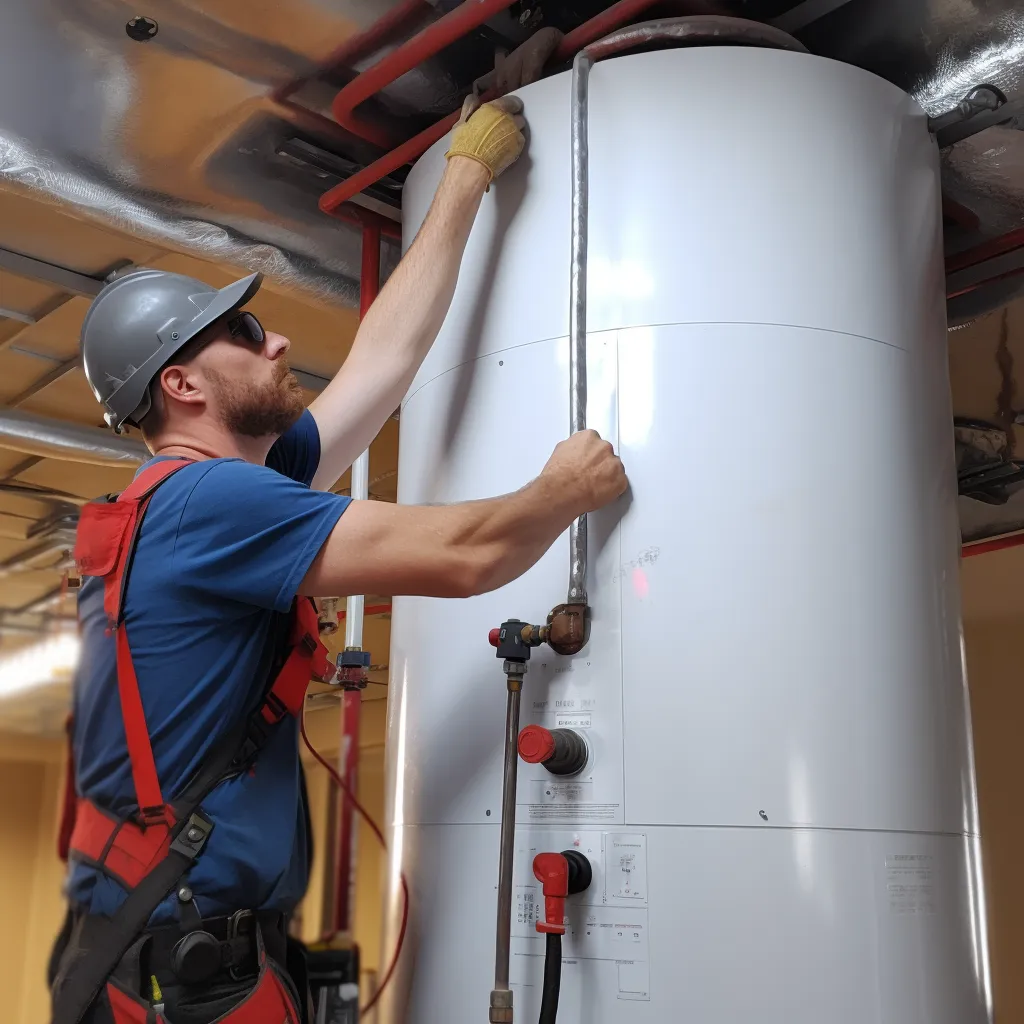
Myth #3: Bigger tanks give you more hot water
Choosing the right hot water tank is crucial. Size matters, but bigger doesn't always mean more hot water. Larger tanks can waste energy and increase bills without giving you extra hot water. It's important to pick a tank that suits your household's hot water requirements. This way, you'll have enough hot water without overspending.


Myth #4: You can repair or replace a water heater yourself
If you have issues with your water heater, it's important to act quickly. But trying to fix it yourself can make things worse or even hurt you. It's best to hire professional water heater repair experts. They know what to do and can handle the problem correctly.

Myth #5: Flushing a water heater isn't necessary
Flushing your water heater regularly is important for keeping it running well and lasting a long time. If you don't flush it, sediment can build up in the tank and make it less efficient or cause problems. Flushing it regularly helps prevent this and keeps your water heater working efficiently.


Myth #6: Keeping an old water heater is cost-effective
Keeping an old water heater to save money is a misconception. It can result in higher energy bills and costly repairs. Older heaters are less efficient and prone to breakage. Instead, it's smart to replace your old heater with an energy-efficient model.

Myth #7: Bigger water heater tanks are more energy efficient
Many people believe that having a larger water tank will increase energy efficiency. However, this is not necessarily true. The size of the water tank does not directly impact energy efficiency. In fact, a larger tank may actually result in more energy consumption because it takes more energy to heat a larger volume of water. It is more important to choose a water heater with the right capacity for your household's needs. By selecting a water heater that is the right size, you can ensure optimal energy efficiency and avoid unnecessary energy waste.
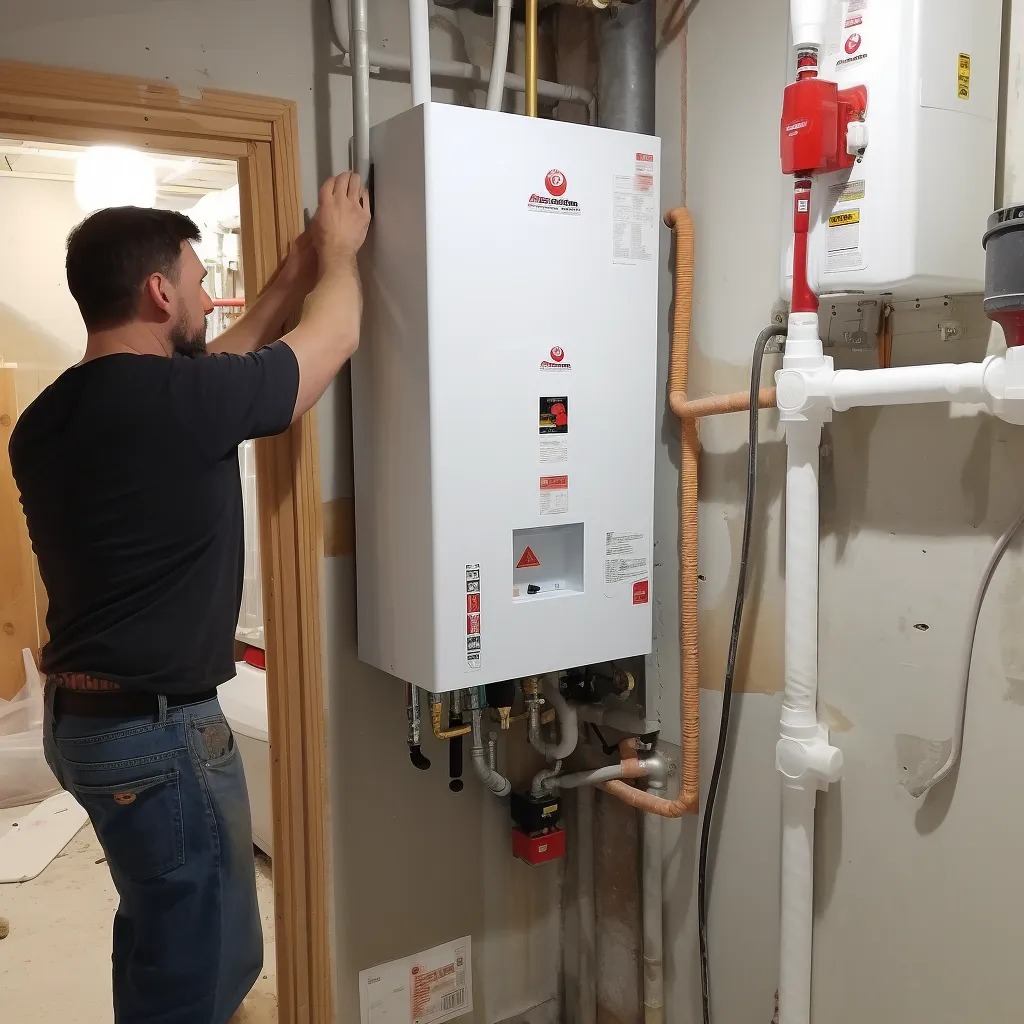
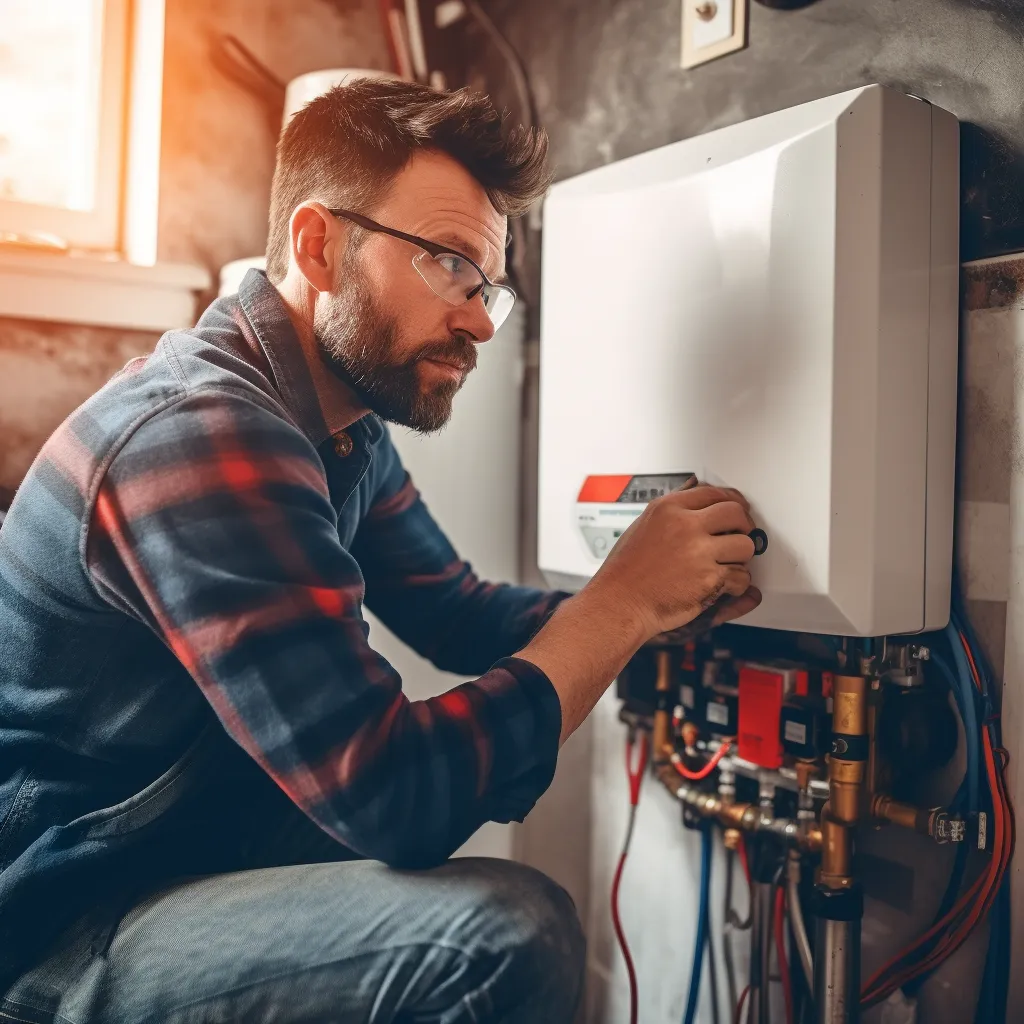
Myth # 8: There's nothing wrong with cranking up the water temperature
Raising the temperature of your water heater may seem like a fast fix, but it's important to be careful because there are a few downsides. One big concern is the danger of burns from hot water, especially for kids and older people. Plus, higher temperatures can cause mineral buildup in pipes and appliances, which can lead to expensive repairs or replacements.

Myth #9: There's no problem setting your water heater to the highest temperature
Many people mistakenly think that turning their water heater to the highest temperature will give them hot water faster. However, this approach is not only inefficient but also dangerous. It wastes energy and increases the risk of burns. Most households can set their water heater to about 120 degrees Fahrenheit, which is both safe and sufficient for everyday hot water use.

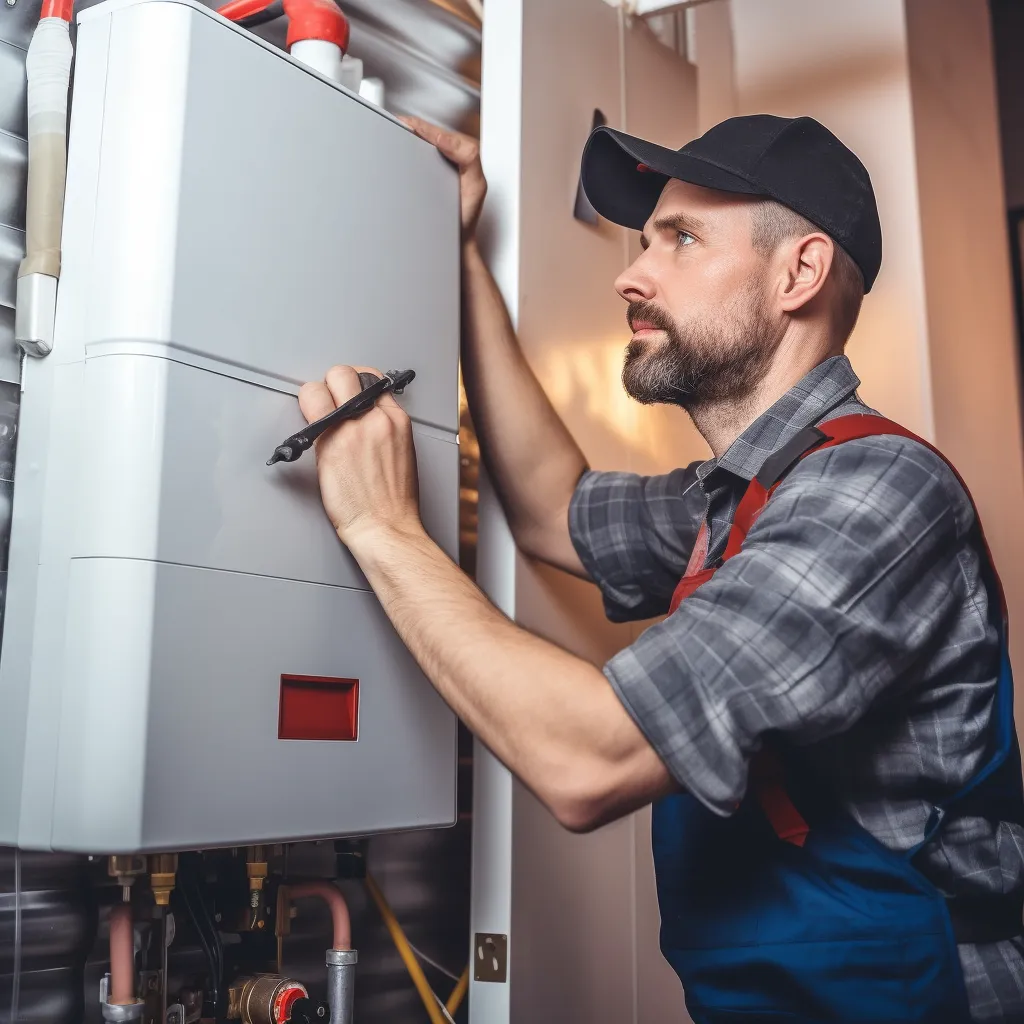
Myth #10: Water heaters aren't energy-efficient
Water heaters have made substantial progress in using less energy compared to older models. New technologies, like tankless water heaters, heat water only when it is needed, rather than keeping it hot in a tank all the time. This saves energy. Other features, such as better insulation and timers, help retain heat and use energy more efficiently.

Myth #11: Water heaters don't require regular maintenance
Regular maintenance is really important for water heaters. Not taking care of them can cause them to not work well, cost a lot to fix, or even need to be replaced. To keep your water heater running well, make sure to check the pressure relief valve, get rid of any sediment buildup by flushing the tank, and make sure the thermostat is working right.

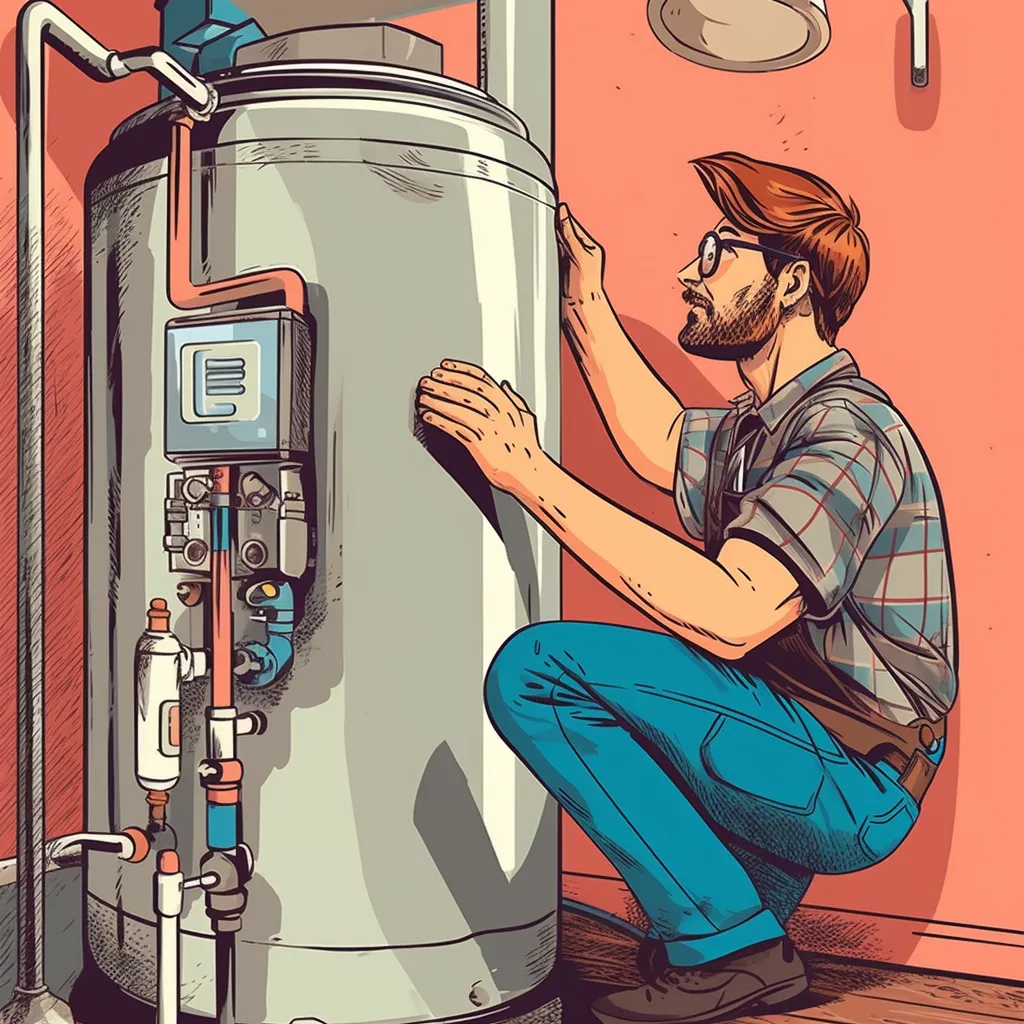
Myth #12: You can use any kind of water heater
When picking a water heater for your house, you should think about your family size, the number of fixtures in your home, and your budget. Some people wrongly believe that any water heater will work, but that's not true. Tankless heaters, for example, have specific requirements. To choose the right and affordable option, it's best to consult with a professional who can evaluate your needs.

Myth #13: Hard water damages your water heater
There is a common misconception that hard water can cause damage to your water heater. However, this is actually a myth. The truth is, while hard water can lead to mineral buildup in your water heater over time, it is not directly harmful to the unit. It is important to note that this mineral buildup can potentially reduce the efficiency of your water heater and lead to increased energy consumption. To prevent this, regular maintenance and flushing of your water heater can help to remove any mineral deposits and keep it running efficiently. So, while hard water may not directly damage your water heater, it is still important to take steps to ensure its proper functioning.
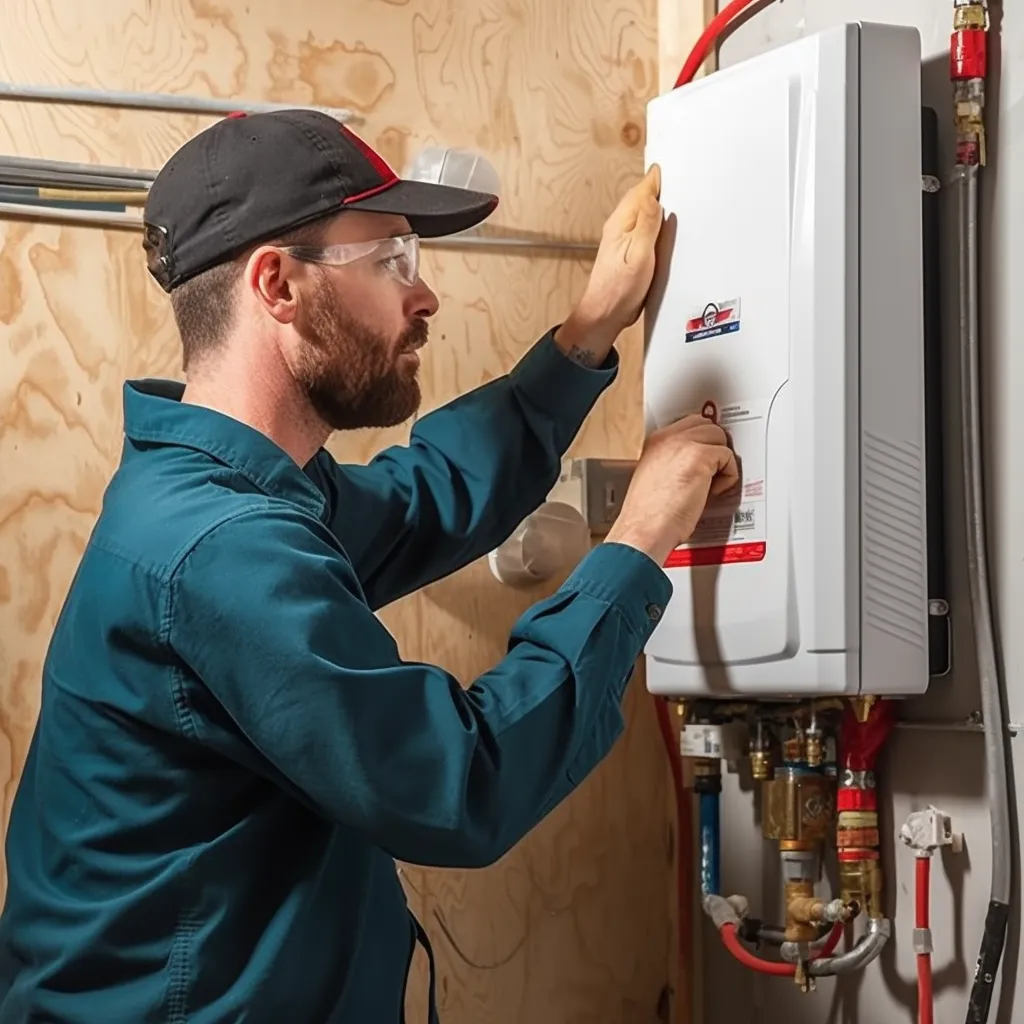

Myth #14: Tankless water heaters are more costly
Tankless water heaters are pricier than storage tank water heaters at first, but in the long run, they save you money and energy. Traditional water heaters keep heating and storing water even when you don't need it, which wastes energy and increases your utility bills. With tankless heaters, water gets heated only when you use it, so you save energy and have lower monthly bills.
Contact Us
